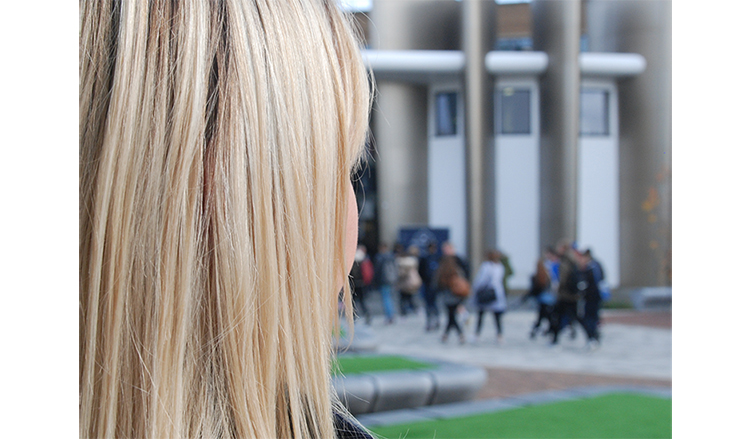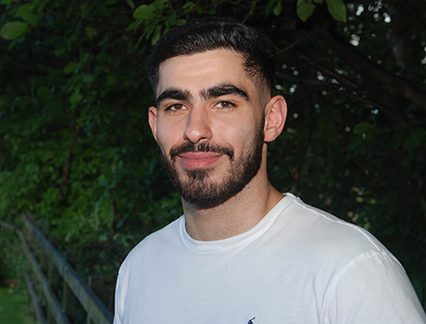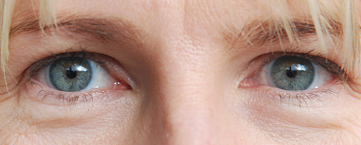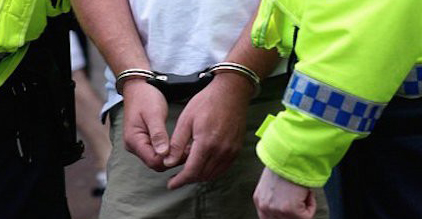New research shows eyewitness statements are largely inaccurate

Tue, 22 Nov 2016 13:06:00 GMT
“…every year in the UK almost 100 people will be convicted of a violent or sexual crime that they did not commit, on the basis of an eyewitness statement…”
 EYEWITNESS statements play a crucial role in securing huge numbers of criminal convictions. But a high proportion of them could be mistaken, leading to innocent people landing in jail... and violent offenders remaining at large. These are the findings of a research project by an investigative psychologist at the University of Huddersfield.
EYEWITNESS statements play a crucial role in securing huge numbers of criminal convictions. But a high proportion of them could be mistaken, leading to innocent people landing in jail... and violent offenders remaining at large. These are the findings of a research project by an investigative psychologist at the University of Huddersfield.
Dara Mojtahedi (pictured right) has carried out a series of experiments, screening footage of an actual violent incident to groups of “witnesses”. One of his key discoveries is that some people’s recollection of what they saw is readily distorted by comments from others. He now believes that police should be more thorough in questioning eyewitnesses and that psychological techniques could be used to establish if a witness has a personality type that means they are easily influenced.
Explaining his research methods, Dara said: “We put participants into groups and they watched footage of a bar fight. Afterwards, they had a short time to discuss what they had seen and we planted actors as dummy eyewitnesses who purposely suggested that the wrong man had started the fight.
“The results showed that when there was someone relaying false information, other eyewitnesses were accepting it as their own and using it in their own statements.”
As a control to his experiments, Dara held some sessions in which there was no dummy witness and no discussion. Participants simply saw the footage and gave a statement. Even then, 32 per cent identified the wrong man due to factors such as faulty memory.
In groups that did include an actor planted to make false suggestions, the mistake rate shot up to 73 per cent. And when Dara took his experiment to an extreme, with groups of five that included four actors giving the wrong information, the mistake rate among the sole true participant soared to 95 per cent.
 Dara Mojtahedi studied for his Master’s in Investigative Psychology at the University of Huddersfield – a major centre for the discipline – and then moved on to a doctoral project, now in its closing stages. He selected his research subject after encountering statistics which showed that in convictions which later turned out to be false, 72 per cent of them had relied on eyewitness statements.
Dara Mojtahedi studied for his Master’s in Investigative Psychology at the University of Huddersfield – a major centre for the discipline – and then moved on to a doctoral project, now in its closing stages. He selected his research subject after encountering statistics which showed that in convictions which later turned out to be false, 72 per cent of them had relied on eyewitness statements.
Having established the problem with his series of experiments – involving 800 participants in all – Dara has sought to establish the psychological factors that might lead to an eyewitness conforming to misinformation.
He used a well-established questionnaire that measures personality traits, and he found that people whose scores showed a desire to be controlled were far more likely to be influenced by misinformation, whereas people less liable to being manipulated were more likely to identify the true culprit.
Dara has collated statistics which show that every year in the UK almost 100 people will be convicted of a violent or sexual crime that they did not commit, on the basis of an eyewitness statement.
“And in 48 per cent of the cases of misidentification, the real perpetrator will carry on committing their crimes, so that more people are at risk of being violently attacked,” he added.
 Therefore, one of Dara’s goals is to work with the police, so that they develop ways of appraising which witnesses are most liable to be influenced by others.
Therefore, one of Dara’s goals is to work with the police, so that they develop ways of appraising which witnesses are most liable to be influenced by others.
“The main thing is to let jurors and police know that eye witness statements aren’t necessarily the best form of evidence, as people assume. All you need is a group of eyewitnesses to start chatting before the police get there and mistakes are made,” he said.
Witnesses do not give false information out of malice, he added. They have genuinely convinced themselves that they have told the truth.
“Police could help by trying to make these eyewitnesses filter out any false information, for example, by reading out their statements and asking if they are sure this is what they saw and heard.”
When relaying his research at conferences, Dara has already had some positive feedback from senior police officers and after completing his doctorate he aims to continue his work in the field. His PhD is supervised by Dr Maria Ioannou, who is a Reader in Investigative and Forensic Psychology at the University of Huddersfield, with co-supervision from lecturer Dr Laura Hammond.







